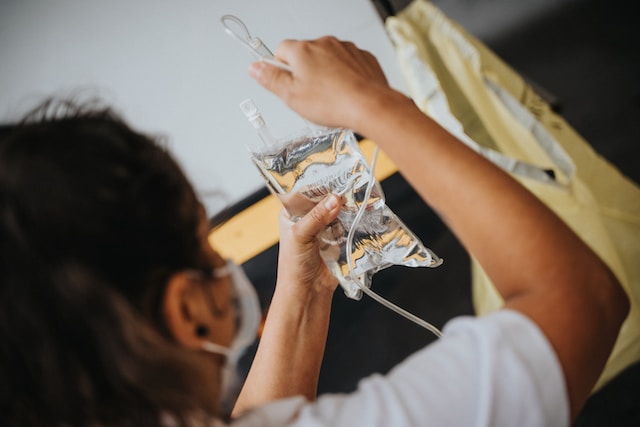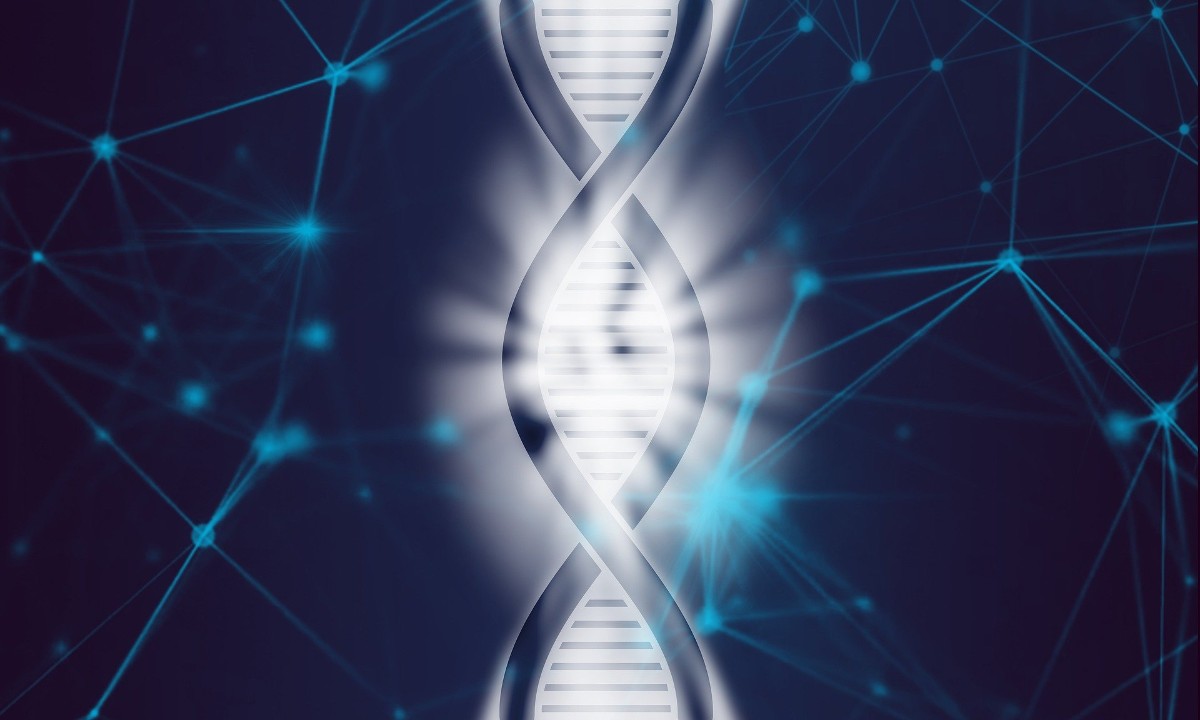Disclaimer: It is not intended to be a substitute for professional medical advice and should not be relied on as health or personal advice.
How long are you planning to live? Which body do you wish to have on your life journey? As we age, we need to complement our diet and find the best anti aging supplements that can help keep our bodies young, slow down aging, and improve longevity.
For this life or the next one, As a Timeskipper, I wanted to explore longevity supplements that are backed by scientific research. In this article, I present to you my ultimate summary. Let’s go!

Aging is far more than grey hair and wrinkles; it is molecular. It affects every cell in your body on a molecular and cellular level, thereby affecting numerous biological functions. Although aging is a multifactorial process driven by many causes, oxidative stress plays a major role in the progression of aging.
Longevity supplements have been searched for centuries. People have always been looking for long, healthy life, from the ancient greeks’ “Fountain of Youth” to Ayurveda, the Indian science of longevity, to Chinese herbal medicine.
Slowing down aging (and even reserving it) has been a huge focus of research for decades. Researchers have identified an exhaustive list of substances that play a role in the aging process.
In this article, you will find a list of major supplements that are scientifically proven to help slow down aging:
- Curcumin
- CoQ10
- Resveratrol
- Vitamin D and Calcium
- Epigallocatechin-3-gallate (EGCG)
- Nicotinamide Adenine Dinucleotide (NAD+)
- Rhodiola Rosea
What is Aging?
Before we jump into listing supplements, we first must define what aging is.
Scientifically, there are many definitions of “aging”. Still, as Professor Hayflick said, “The common denominator that underlies all modern theories of biological aging is change in molecular structure and, hence, function”.
These changes are “time-related” and increase the susceptibility to disease and death.
Aging is driven by internal factors that compromise normal biological processes and external factors such as:
- Ultra Violet (UV) irradiation
- Chronic sun exposure
- Smoking
- Pollution
- Hormonal imbalance
- Diet
The Best Anti Aging Supplements
Curcumin
Curcumin is a promising anti aging compound that is naturally available and easy to implement in diets. It is the active ingredient in turmeric ( a member of the ginger family), inexpensive, and most importantly, safe. It is used as a spice and therefore can be easily consumed on a daily basis.
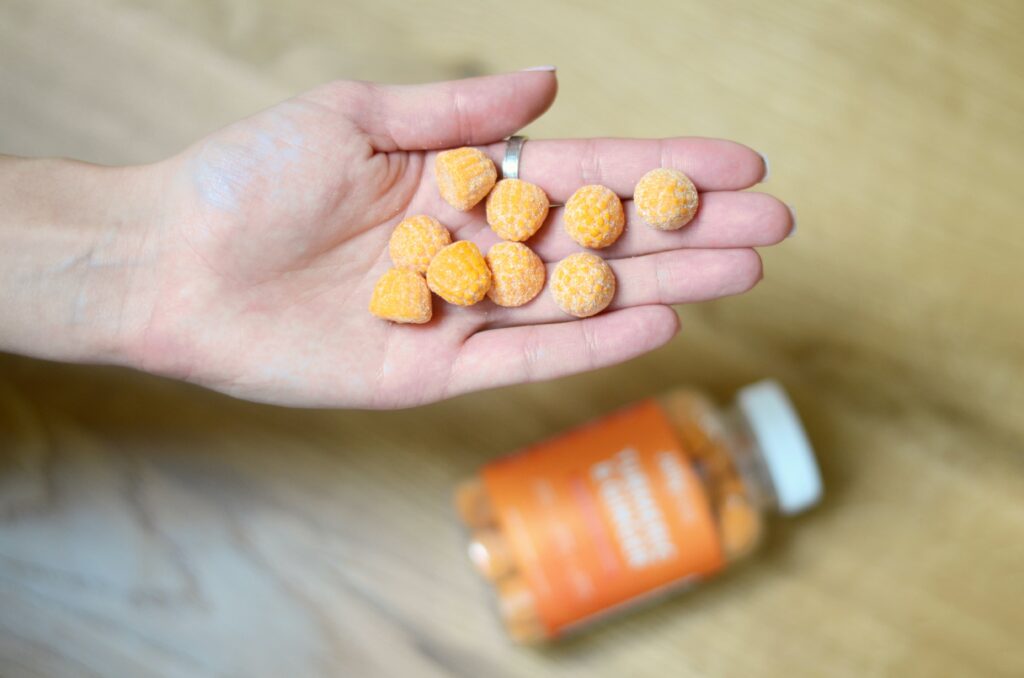
Curcumin is an antioxidant that reduces low-grade inflammation which is a characteristic of aging. Research showed that curcumin has positive effects on sirtuin, which are proteins that play a major role in aging by regulating cellular health.
Additionally, in clinical trials, curcumin was shown to reduce symptoms of age-related diseases such as cancer, atherosclerosis, and diabetes.
Although curcumin can be added to your diet as a spice, it is poorly absorbed into the blood and needs to be paired with black pepper to increase its absorption.
Since you need a lot of curcumin to maximize its health benefits, it is recommended to take it in the form of supplements.
As for dosage, according to the World Health Organization, the acceptable daily intake of curcuminoids as a food additive is in the range of 0–3 mg/kg.
CoQ10
Co-enzyme Q10 is an antioxidant that is naturally produced by the body. It is an essential nutrient that is widely distributed in all cell membranes, especially in the mitochondria.
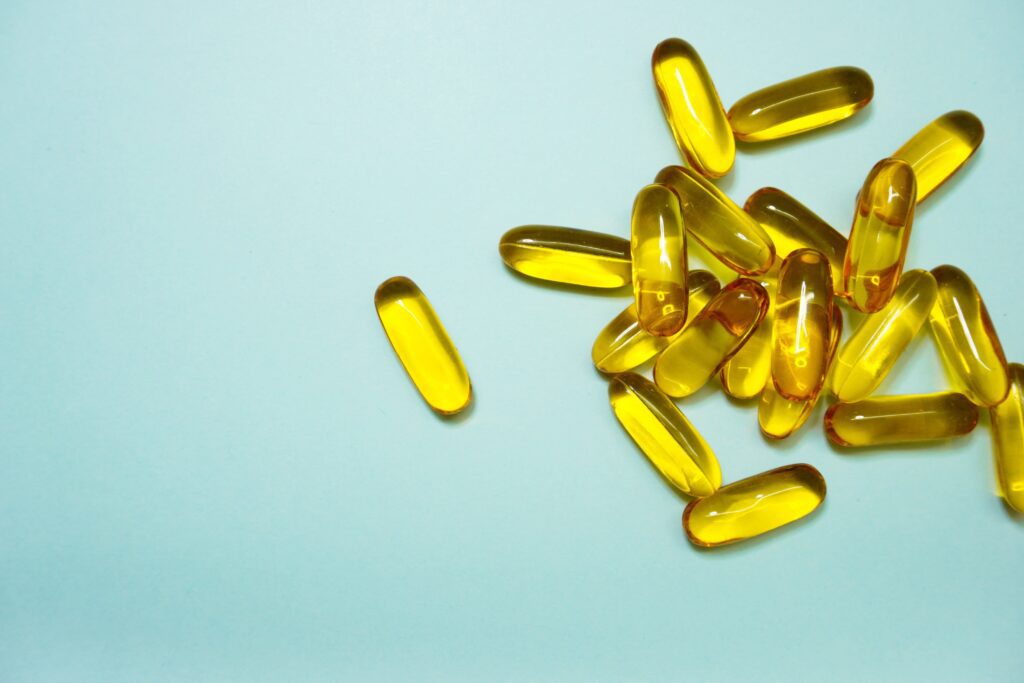
Among its many functions, it plays a critical role in energy production and protects from cellular damage.
One of the causes of aging is oxidative stress which mainly happens at the mitochondrial level since they are the primary source of reactive oxygen species. CoQ10 supplementation in old adults prevented chronic oxidative stress associated with cardiovascular and neurodegenerative diseases.
The majority of CoQ10 is synthesized in the body, but it can also be obtained externally from:
- Animal protein sources: fish (especially herring and trout), lamb, chicken, beef, and pork.
- Vegetables: cauliflower, spinach, broccoli, and pea.
- Fruits: apple, orange, and strawberry.
- Cereals: wheat and rye.
If you choose to have beef or chicken as your source of CoQ10, make sure to have the heart and chicken leg as they have very high amounts of CoQ10. Alternatively, you can choose to have your daily dose of CoQ10 in supplements form.
The highest safe dose of CoQ10 is 1200mg per day, according to randomized clinical trials.
Resveratrol
Resveratrol is a natural antioxidant compound that is found in the skin of grapes and peanuts. It is an extensively researched anti-aging ingredient that also exhibits anti-inflammatory properties.
Just like curcumin, Resveratrol’s anti-aging properties are thought to be through sirtuins by increasing sirtuins activity and cellular functions.
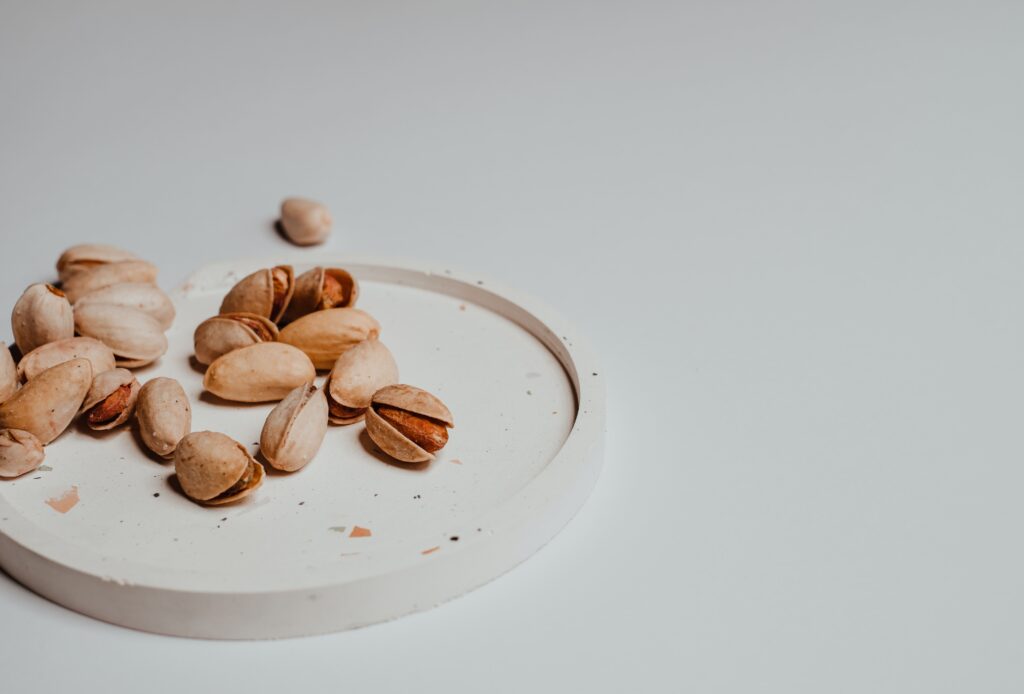
Multiple studies on patients with Alzheimer’s disease and Parkinson’s disease revealed that oral administration of Resveratrol can be highly beneficial in reducing symptoms and even preventing these diseases.
Resveratrol is an essential supplement for the prevention of aging and age-related neurological diseases.
Resveratrol is relatively easy to implement in a diet. Here is a list of food rich in Resveratrol:
- Peanuts
- Pistachios
- Grapes
- Blueberries and cranberries
- Red and white wine
- Dark chocolate (cocoa).
However, Resveratrol should not be taken on long-term since most studies suggest that it is safe for up to 3 months when taken in small doses. For example, for a person weighing 70 kg, Resveratrol can be taken as 450 mg/day for 3 months.
Vitamin D and Calcium
Unsurprisingly, Vitamin D is implicated in aging prevention. In addition to skin cells, vitamin D receptors have also been found in nerve cells and heart cells.
Vitamin D is derived from diet and sunlight. It is essential for calcium absorption and bone, muscle, and teeth health.
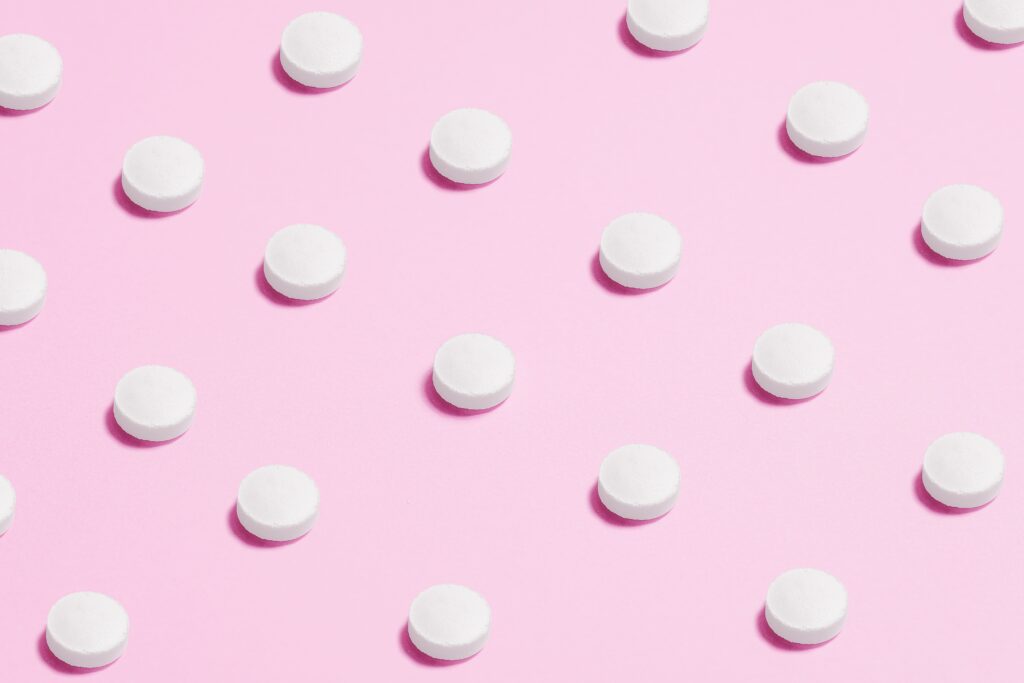
With age, the risk of osteoporosis increases and hence the risk of fractures too.
Multiple studies have highlighted that vitamin D and calcium are capable of preventing bone loss and reducing fractures. However, since the body’s ability to synthesize vitamin D is reduced with age, it is recommended that you take Vitamin D supplements instead of relying on sun exposure for your daily dose of Vitamin D.
You can also obtain vitamin D from the diet such as:
- Fish: sardines, herring, mackerel, and salmon.
- Red meat
- Egg yolk
- Liver
As for calcium intake, you can either take supplements or enjoy food rich in calcium, such as:
- Dairy food
- Green leafy vegetables
- Bony fish such as sardines
Ultimately, it may be easier to take one supplement that contains both calcium and vitamin D. For older adults, it is recommended to take up 1000 IU/day of vitamin D and 1200 mg calcium on a daily basis.
Epigallocatechin-3-gallate (EGCG)
EGCG is an active ingredient found in green tea. It is another antioxidant that can activate sirtuin as well as lengthen telomeres. Telomeres are the ends of the chromosomes, and they shorten with age.
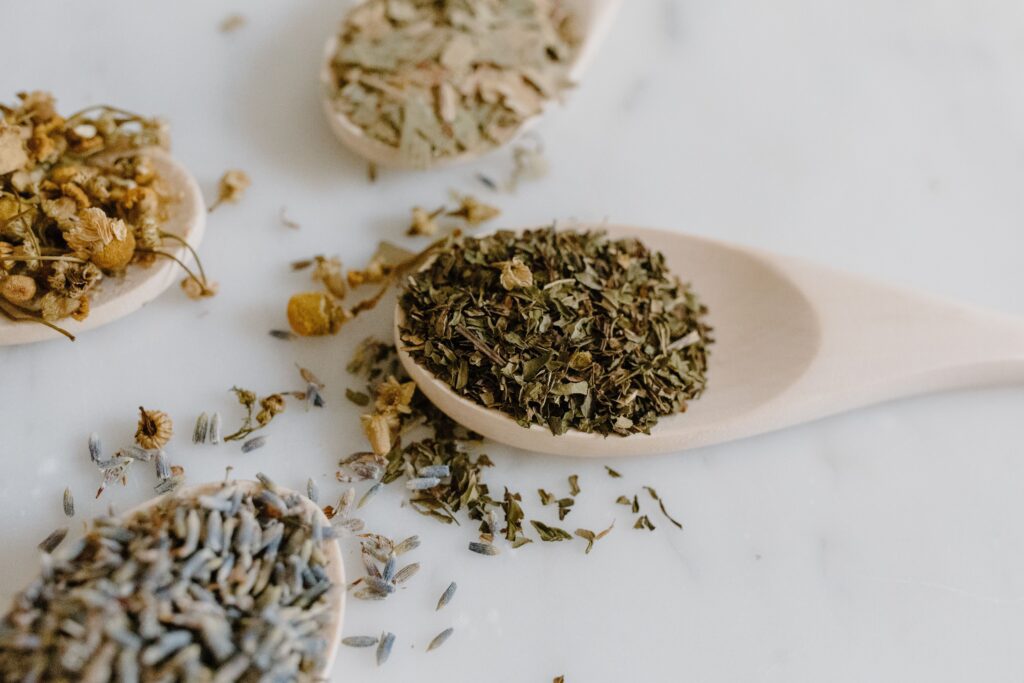
ECGC has been shown to be highly efficient against Alzheimer’s disease in animal models and that oral administration of ECGC can improve memory and learning.
It has also been found to fight wrinkles and rejuvenate the skin. Studies done on roundworms found that ECGC promoted a healthier and longer life span.
Additionally, in a study comparing 143 smokers aged between 18 years to 70 years, consumption of four cups of green tea per day for four months reduced urinary oxidative stress markers levels by 31%.
Overall, green tea is highly beneficial for many reasons, as it is recommended to consume it daily or by taking concentrated supplements.
The studied dosage of ECGC varies among studies. If you wish to consume ECGC via green tea, you need to have at least 3-4 cups per day. Otherwise, you can take 360 mg supplements up to twice daily.
Avoid having it on an empty stomach.
Nicotinamide Adenine Dinucleotide (NAD+)
NAD+ is a coenzyme that is crucial to energy metabolism and metabolic reactions of all living life forms.
In addition to its roles in energy metabolism, NAD+ plays many roles in the regulation of cellular processes and cellular functions.
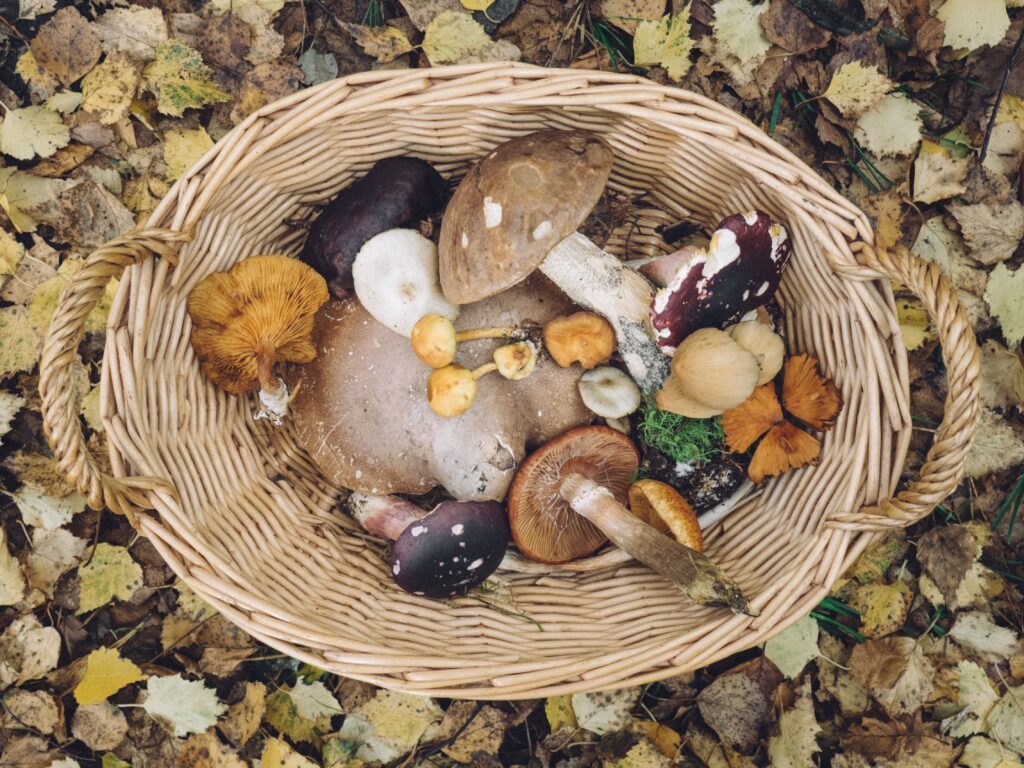
With age, the levels of NAD+ decline, which affects all cellular pathways relying on this coenzyme. In fact, low levels of NAD+ have been seen not only in aging but also in premature aging.
Decreased levels of NAD+ are linked to metabolic dysfunctions (such as obesity), high inflammation, and neurodegeneration ( Alzheimer, Parkinson, etc).
Several clinical trials on NAD+ have shown that NAD+ consumption is safe in older adults but is not recommended for those suffering from cancer.
Some food can help boost NAD+:
- Fish
- Dairy milk
- Mushrooms
- Green vegetables
- Meat
You can also boost NAD+ synthesis via a healthy balanced lifestyle, including having a healthy sleeping schedule and daily exercises, or you can choose to take supplements instead.
For supplements, research on 60 healthy older women and men showed that a dose of 500mg twice daily is safe and well-tolerated.
Rhodiola Rosea
Rhodiola Rosea, also called golden root, is a plant that grows in the cold areas of Asia and Europe. Its extracts have been traditionally used for centuries to fight fatigue and increase energy levels.
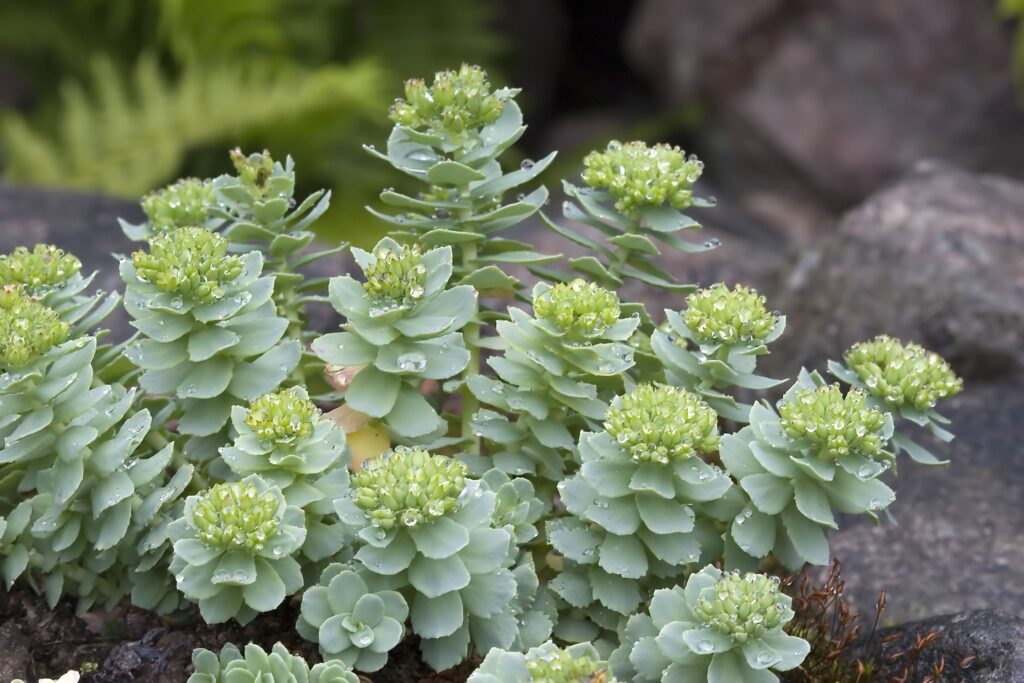
Studies on simple organisms such as fruit flies and worms have shown that Rhodiola Rosea extracts increase lifespan. Additionally, this plant exhibits anti-stress properties.
However, it is a rare plant that is hard to acquire since it only grows in cold high-altitude areas. If you don’t have access to Rhodiola Rosea, there are numerous supplements available online.
Clinically researched doses of Rhodiola Rosea are 200 to 600 mg/day have been evaluated for 12 weeks and found to be safe.
To make a long story short
We all wish a happy, healthy, and long life for our loved ones. While time might be skipped, unfortunately, it -until now- cannot be reversed, but its effect can definitely be slowed down.
Aging is a complex process that is still not fully understood by scientists, but decades of research have identified many nutrients that play a major role in aging.
This article short-listed the best supplements/nutrients that can help you slow down aging, most of which can be taken from a healthy, well-balanced diet such as the Mediterranean diet.
It is best to get your daily dose of these supplements from your diet and take concentrated supplements of what you can not consume through diets such as Rhodiola Rosea supplements and curcumin supplements.
The sooner you start taking these nutrients, whether from diet or supplements, the better. Then, it is possible to slow down aging until a technology is available to reverse it.
Although aging is heavily researched, so far, the consensus remains that a healthy lifestyle is the best way to slow down aging. Eat well, sleep well, and exercise well.
Before taking any supplement, please consult your primary healthcare to help you select the right and safest dosage for you.
Harman (1981): “The aging process”
Jayanthi, Joshua, and Ranganathan (2010): “Ageing and its implications”
Bielak-Zmijewska et al (2019): “The Role of Curcumin in the Modulation of Ageing”
He et al (2015): “Curcumin, inflammation, and chronic diseases: how are they linked?”
Saini (2011): “Coenzyme Q10: The essential nutrient”
Barcelos IP and Haas RH.(2019): “CoQ10 and Aging”
Gomes BAQ (2018): “Neuroprotective Mechanisms of Resveratrol in Alzheimer’s Disease: Role of SIRT1”
Newberry et al (2014): “Vitamin D and Calcium: A Systematic Review of Health Outcomes (Update)”
Sunyecz (2008): “The use of calcium and vitamin D in the management of osteoporosis”
Lautrup et al. (2019): “NAD+ in Brain Aging and Neurodegenerative Disorders”







